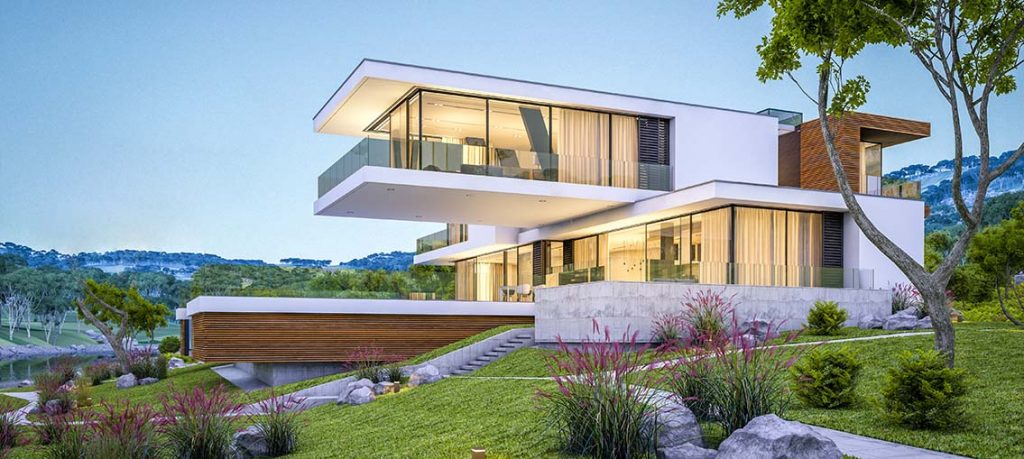In today's rapidly advancing technological landscape, smart homes have become a popular choice for homeowners seeking convenience, comfort, and energy efficiency. However, before embarking on the journey of transforming your home into a fully automated haven, it's essential to understand the costs involved. In this comprehensive guide, we will delve into the various factors that contribute to the overall cost of a full smart home, providing you with valuable insights and practical advice.
- Infrastructure Costs:
To establish a fully functional smart home, the first step is to ensure a robust infrastructure. This includes the installation of a reliable internet connection, a secure network, and a central hub or controller. Depending on the size of your home and the complexity of your automation needs, infrastructure costs can range from a few hundred to several thousand dollars. - Smart Devices and Appliances:
The heart of any smart home lies in its devices and appliances. From smart thermostats and lighting systems to security cameras and voice-controlled assistants, the options are vast. Each device comes with its own price tag, and the total cost will depend on the number and type of devices you choose. On average, homeowners can expect to spend anywhere from $5,000 to $20,000 on smart devices and appliances. - Installation and Integration:
While some smart devices can be easily installed by homeowners themselves, others may require professional assistance. Integrating different devices and ensuring seamless communication between them is crucial for a fully automated experience. Professional installation and integration services can add an additional cost of $1,000 to $5,000, depending on the complexity of the system. - Customization and Programming:
One of the key advantages of a smart home is the ability to customize and program various features according to your preferences. This may involve setting up personalized scenes, scheduling routines, or creating automation rules. While some homeowners may choose to handle the programming themselves, others may opt for professional assistance. Costs for customization and programming can range from a few hundred to several thousand dollars, depending on the level of complexity. - Maintenance and Upgrades:
Like any technology-driven system, smart homes require regular maintenance and occasional upgrades. This includes software updates, device replacements, and troubleshooting. While the cost of maintenance will vary depending on the specific devices and systems installed, homeowners should budget an average of $500 to $1,500 per year for ongoing maintenance and upgrades.
Conclusion:
Transforming your home into a full smart home is an exciting endeavor that offers numerous benefits. However, it's important to consider the costs involved to make an informed decision. From infrastructure and devices to installation and customization, each aspect contributes to the overall investment. By understanding the various factors and planning accordingly, you can create a smart home that aligns with your needs and budget.

More Stories
asd
Real-World Protection: How a Security Brass Cylinder Stops Drills, Picks, and Forced Entry?
Top Benefits of Using a Stainless Steel Sports Bottle Daily